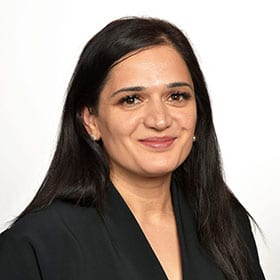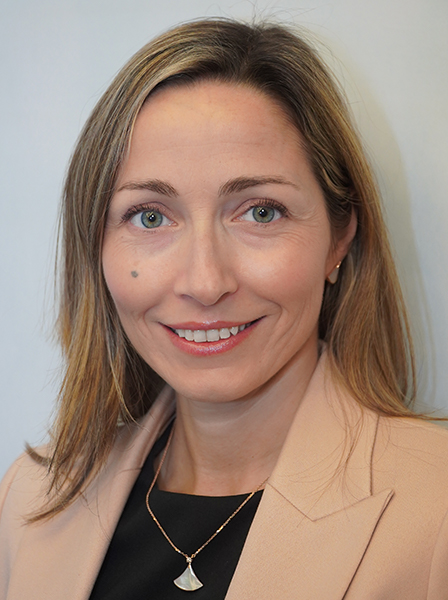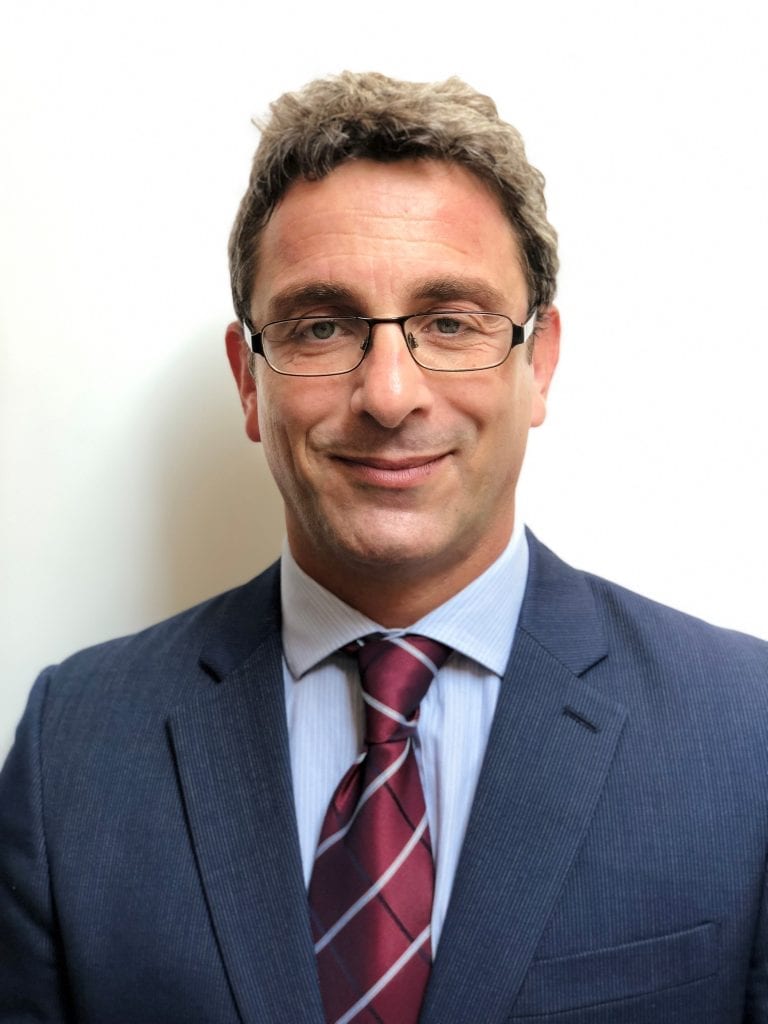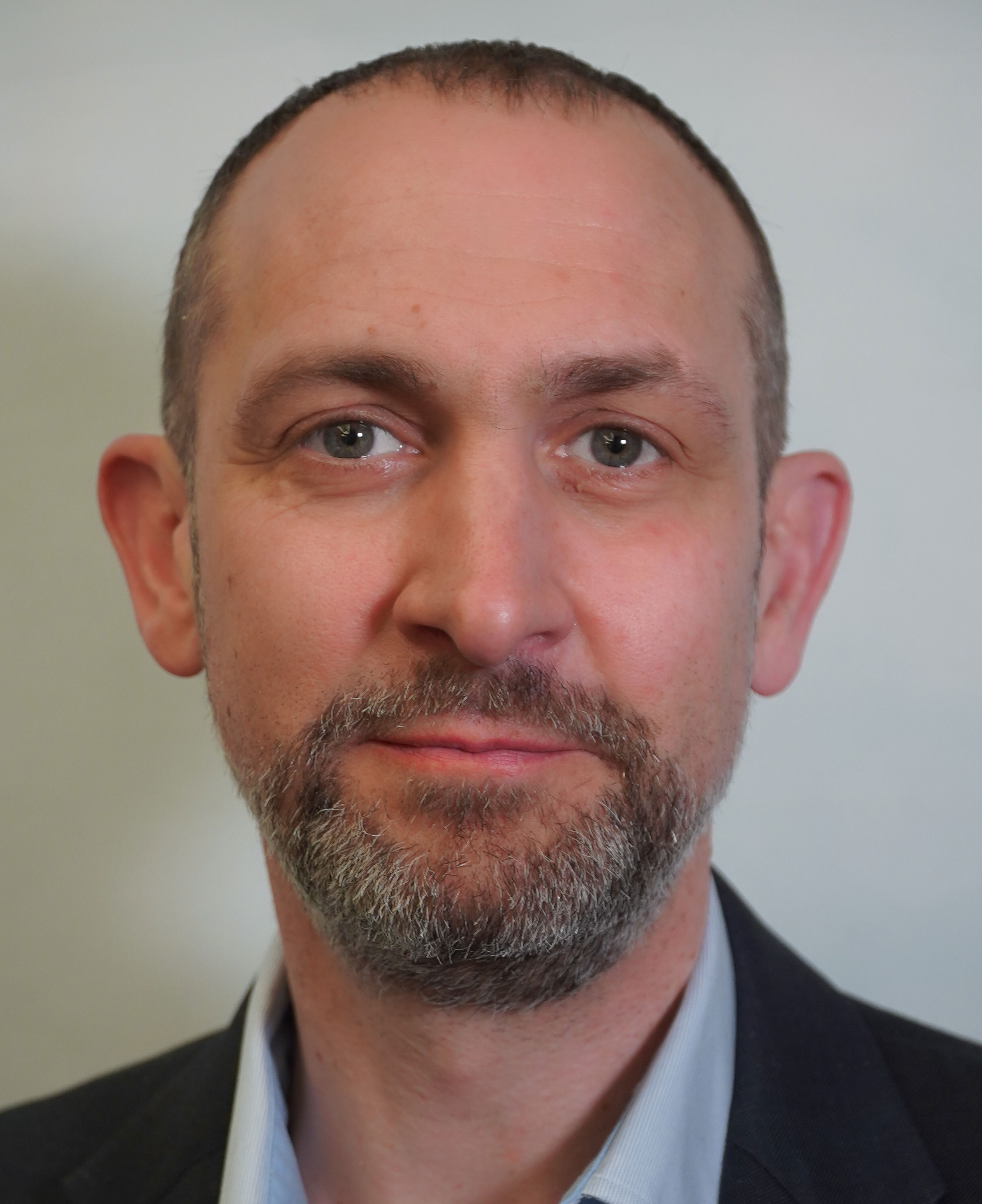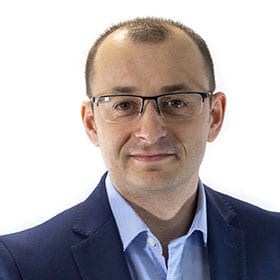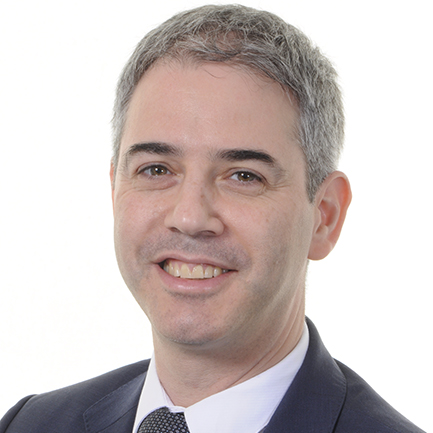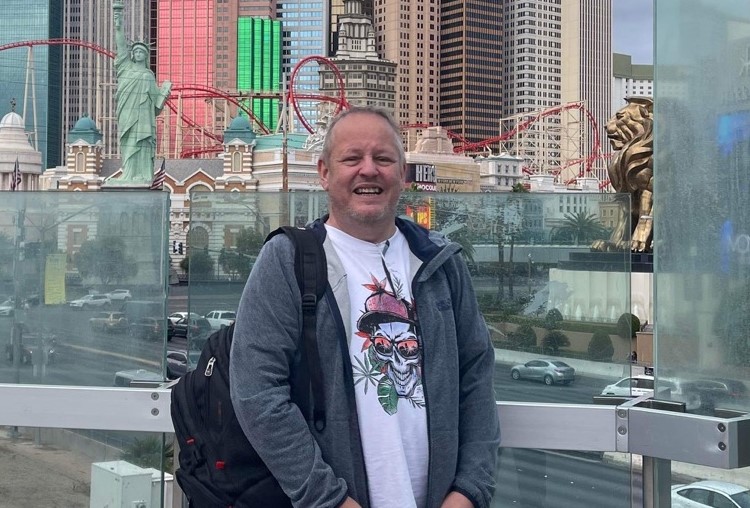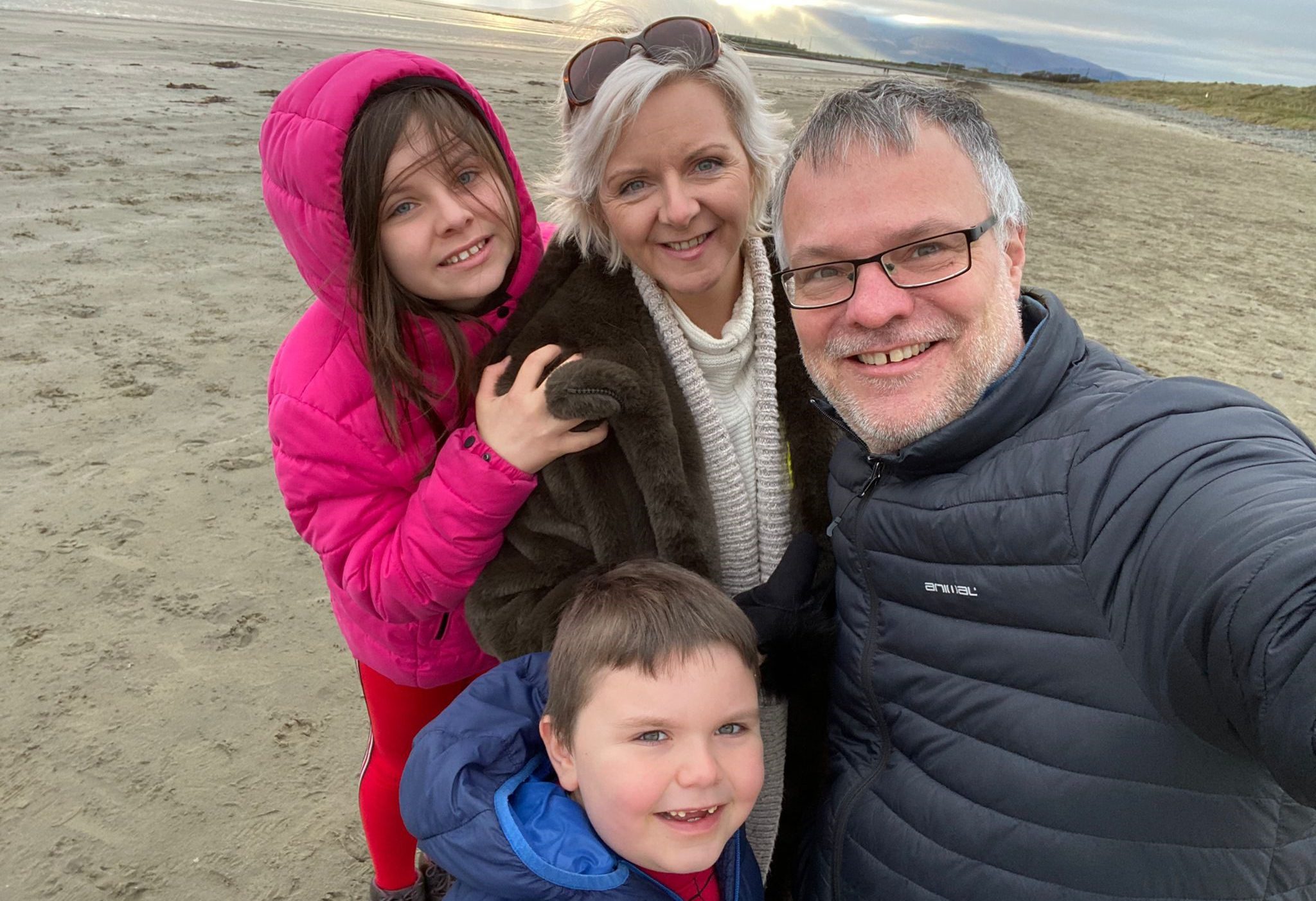What is SABR?
We are proud to offer a world-class service for stereotactic ablative radiotherapy – a specialist technique that can treat tumours with minimal damage to surrounding healthy tissue. Also known as stereotactic body radiation therapy (SBRT), SABR involves the use of advanced technology to deliver a beam of radiation to a tumour, killing cancer cells within it. If you and your consultant agree this is the best option for you, treatment can be given on an outpatient basis over three to five sessions, with no anaesthetic or overnight stay required. SABR can be used to treat localised tumours (where the cancer is only found in the tissues where it started) and delay the growth of secondary cancers (where the cancer has spread to other tissues in the body).
It's also sometimes used to treat areas that have already been treated with radiotherapy and where a cancer has returned. This is known as repeat radiotherapy or SABR reirradiation and is available at our GenesisCare centres in Bristol, Birmingham, Cambridge, Chelmsford, Elstree, London, Maidstone, Milton Keynes, Nottingham, Oxford, and Surrey.

What's different about SABR radiotherapy?
Conventional radiotherapy aimed at tumour eradication often involves treatment of both the visible tumour and also surrounding tissues, in order to deal effectively with all the cancer that may be located in a particular part of the body. For example, when treating a cancer in the rectum, both the tumour itself but also surrounding lymph nodes (glands) are targeted. Treatment usually involves between 15 and 35 sessions over several weeks, and may be combined with chemotherapy. This form of radiotherapy may be used on its own, or in combination with surgery. This is the right treatment for many people with certain cancers.
A more convenient treatment option
By contrast, SABR targets just the cancer that can be seen, using much more focused beams of radiation and shorter treatment schedules. In this way, SABR is like other techniques such as surgery, radiofrequency ablation (RFA), microwave ablation (MWA), transarterial chemo-embolisation (TACE), irreversible electroporation (IRE, ‘NanoKnife’) and cryotherapy. But unlike those approaches, SABR is entirely non-invasive. Because a minimal amount of healthy tissue is exposed to the radiation using this approach, the side effects are usually mild and many people get no side effects at all. And because the radiation dose is often higher than it is with conventional radiotherapy, the likelihood of tumour control is very good.
SABR Reirradiation
Sometimes SABR is used to treat an area that has previously been treated with radiotherapy and where a cancer has returned. Because of the high accuracy and specific targeting of SABR, treatment is focused on a precise area so limits exposure to surrounding healthy tissue that may have already been exposed to radiation in the past. This makes SABR reirradiation a safe and effective treatment option for patients who may not be suitable for surgery.
What does SABR treatment involve?
Your treatment will involve an initial appointment with a GenesisCare consultant who has the appropriate experience, either in person or via a secure video consultation. You’ll then need to attend one of our SABR centres for scans, which are used to plan how the treatment should be delivered, and possibly further outpatient tests.
Enquire about SABR today
Contact us to find out if SABR is right for you.
Your care team will call you before your planning scan to explain any preparation instructions in advance of your appointment, and to answer any questions. The appointment will involve a CT scan and will last around an hour. You may also have an MRI depending on the location of your cancer.
Your consultant and care team will then work together to create a SABR treatment plan that is specific to you using the images from your scans.
SABR is usually given in three to five sessions, every other day. Your care team will explain what will happen at each appointment, but here is a summary of the process:
- The radiographers will help you get into the correct position on the treatment couch and ensure you are comfortable
- They’ll then leave the room but you’ll still be able to speak to them via and intercom, and listen to music
- The treatment will last between 10 and 60 minutes, depending on the area of your body being treated and the technique being used – the radiotherapy machine (called a linear accelerator, or linac) will move around you but it won’t touch you
You can go home straight after each session. You are not radioactive at any point during or after treatment
After your treatment course has finished, you’ll be referred back to your own consultant (if applicable) with all the information they need to plan any further treatment you may require.
- Seven to ten days later: a member of your care team will call to see how you’re feeling and answer any questions you may have.
- Four to six weeks later: you’ll have a review with your GenesisCare consultant to discuss your side effects and response to the treatment.
In the longer term, your care team will continue to follow up on your recovery and wellbeing through appointments, phone calls and emails.
Cancers treated using SABR
Your GenesisCare consultant will discuss your diagnosis, treatments to date and overall health with a multidisciplinary team of SABR specialists. Together, they’ll decide if SABR is right for you. Your consultant will explain the treatment plan to you, including any side effects you might experience and the outcome we can expect to achieve. You’ll have time to ask questions before you decide whether you want to proceed.
SABR can be used to treat:
- Abdominal and pelvic tumours
- Tumours in the pancreas that haven’t spread around the body
- Tumours arising in the liver if the healthy liver is strong enough
- Secondary tumours in the liver, adrenal glands and lymph nodes
- Prostate cancer, depending on the tumour stage
- Tumours in the kidney
- Secondary bone tumours (or metastases) in the rib cage, pelvis, leg, arm or spine
- Primary lung cancer and lung metastases
- Secondary tumours in the brain
- SABR reirradiation - tumours that have recurred in the prostate, pelvis, spine, lung, liver or pancreas after an initial course of radiotherapy
However, SABR usually isn’t useful if there are more than five secondary tumours or if the tumours are too large.
What about side effects?
As with any cancer treatment, you may experience side effects. What you experience is often dependent on the location of the tumour. Your consultant will discuss with you which of these are more likely to affect you.
You may experience the following during your treatment course, but they’ll usually start to improve within one to two weeks.
- Feeling tired
- Acid reflux
- Nausea
- Loose and frequent bowel movements
Serious long-term side effects are rare, but may include stomach ulcers or inflammation, duodenal (bowel inflammation), rib fracture, bowel or stomach perforation, bowel obstruction and kidney or liver failure.
Short-term side effects may include:
- Feeling tired
- Needing to pass urine more frequently
- Loose and frequent bowel movements
Serious long-term side effects are rare, but may include stomach ulcers or inflammation, duodenal (bowel inflammation), rib fracture, bowel or stomach perforation, bowel obstruction and kidney or liver failure. Men with pelvic cancer may experience problems getting an erection, and women may experience menopausal symptoms.
Short-term side effects
You may experience the following during your treatment course, but they’ll usually start to improve within three to four weeks.
Common short-term side effects include:
- Fatigue
- Dry cough
Uncommon short-term side effects include inflammation of lung tissue, shortness of breath, fever and skin redness if you have white skin, or darkening if you have brown or black skin.
Long-term side effects
Commonly, you may experience pulmonary fibrosis (the scarring of lung tissue). Uncommon long-term side effects may include:
- Chest pain
- Rib fracture
- Nerve damage
- Heart damage
There’s a small risk that you may experience bone fracture around the area that was treated.
Your care team can advise you on the best way to deal with side effects and will be available during and after treatment should you have any questions. It’s important that you attend your follow-up appointments so we can identify and treat any problems as soon as possible.
As individuals, we all experience side effects differently. Take rest when you feel you need to and when possible try to continue with your daily exercise or any work that you’re currently doing.
Reviewed by:
Dr James Good
UK Clinical Director of SABR
Consultant Clinical Oncologist
June 2023

Patient stories
Our SABR specialists
SABR is offered across our UK network by a team of specialists highly experienced in applying this technique to a wide variety of cancers. We have a robust approach to patient selection, making sure that all treatment offered is based on international medical best practice. All cases are reviewed by a panel of experts before treatment proceeds. By combining this expertise with leading-edge technology, we offer exceptional care and a treatment plan that is tailored to your needs.
